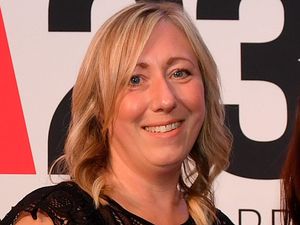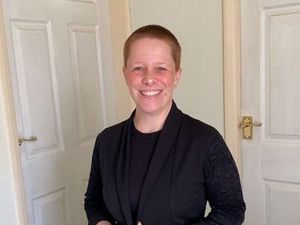Anti-social, social media taking its toll on our lives
There's a good side and a bad side to the internet. Lisa Harrison asks what is it doing to our mental health?

It’s easy to see why young people today may feel under pressure to succeed, be liked, look good or keep up with their peers.
In a world where popularity seems to go hand-in-hand with ‘followers’, ‘friends’ and ‘likes’, why wouldn’t a dose of anxiety, low self-esteem and depression strike? Even the most confident of people could fall foul of such feelings.
Scrolling through a news feed on Facebook, there is often a barrage of heavenly holiday snaps, amazing achievements by far-flung friends, gooey pictures of couples in love along with cute and gurgly pictures of offspring taking first steps or being the best at school.
It’s enough to make anybody feel a teeny bit inferior or that something important could be lacking in their lives. How is that healthy in creating a positive mental state?
Social media is no place for someone verging on anti-social, introverted or sensitive. There are plenty of studies that suggest it can impact self-esteem, sleep, human interaction, attention span and also the way the memory perceives certain events. It can certainly cloud your mind with negativity.
What do you do if you feel like you don’t fit in in this life? Feeling awkward, out of touch and like an alien can root deeply in any vulnerable mind. There is no escape, it just becomes a fight for survival.
Even though many of us have grown up alongside an ever-growing hi-tech and digital world, I know that I feel the older I get, the more I just can’t keep up, my pace is slowing down and I am being left, panting heavily, on the sidelines of a life-long popularity race that is increasingly difficult to be a part of.
Social media is a battleground: FB is a stream of ‘look at me’ statements – a validation of existence; Twitter is an arena of sometimes over-inflated egos and opinionated souls; and Instagram paints a picture of lives more idealistic than they perhaps really are. It’s an anxiety-inducing place which can be quite scary and create a strong sensation that we are somehow ‘missing out’ on a super-fun life. It can paint an unrealistic picture of daily life which can, let’s face it, be occasionally mundane and marked by routine and domesticity.
If, when you wake in the morning, the first thing you do is reach for your phone, and not just to switch the alarm off or check the time, but to see what you might have missed while you were sleeping, is that action an obsession or addiction – about getting a fix?
Seeing someone swiping away at their phone constantly can conjure up feelings of exclusion and worse, paranoia. This digital age which is keeping us all connected is to some extent, making people feel more isolated.

It’s no wonder thoughts may wrestle with the notion of wanting to be part of it but knowing it’s all about ‘fitting in’.
Along with reports showing the detrimental effects it can have on the brain, there are studies that show taking a break from social media can clear the mind and give you more time to devote to other things – reading a book, meeting friends face to face, exercising and gaining a new perspective and more clarity on the world around you.
For all the good and beneficial aspects it can bring, social media can be the cause of plenty of bad too.





